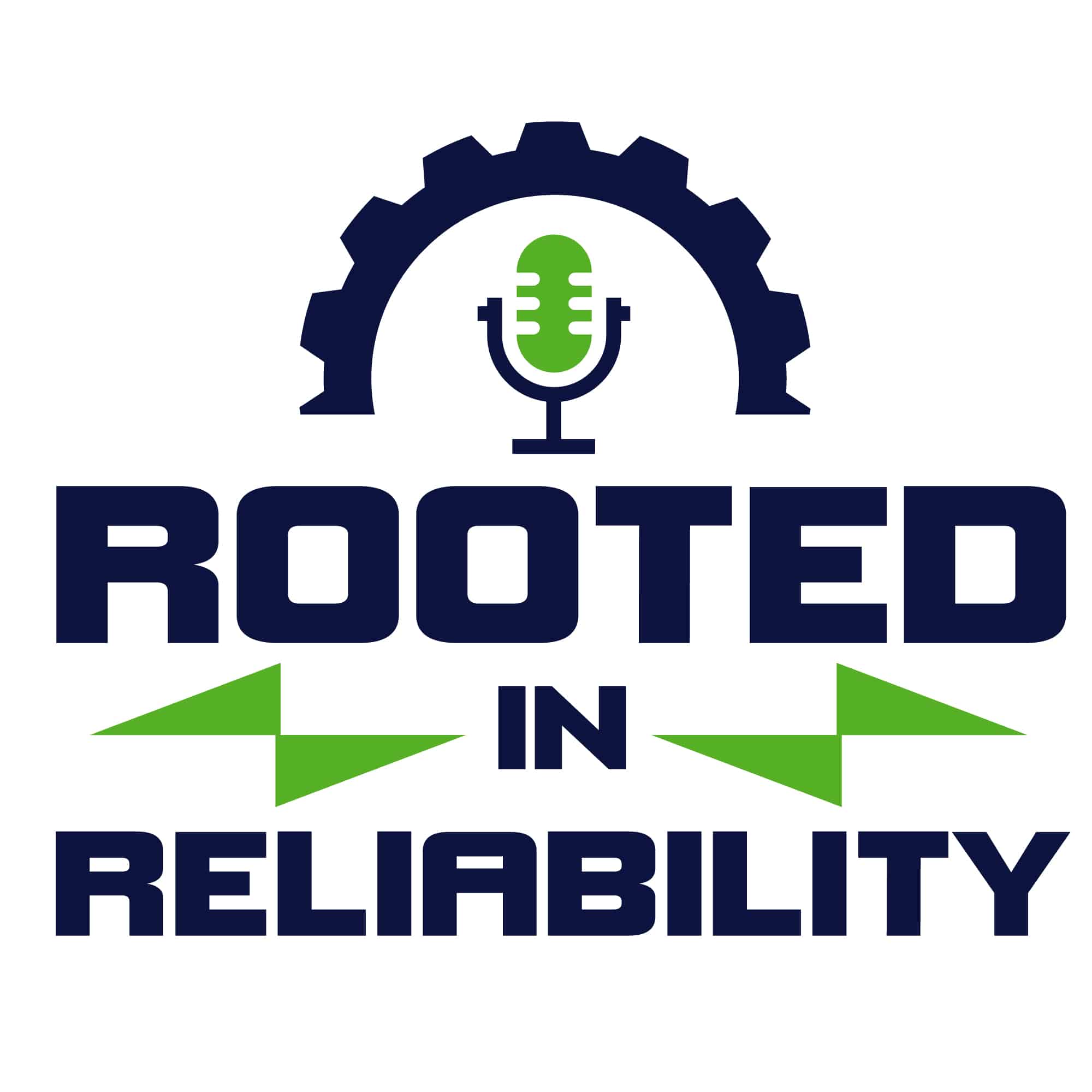
Reliability Misconceptions with Fred Schenkelberg
Welcome Fred to today’s episode. Our topic will be the misconceptions surrounding reliability. What is reliability?
The English dictionary defines reliability as the characteristic of trustworthiness or being able to adhere to a schedule and deliver as needed.
On the other hand, reliability in engineering encompasses functionality, probability of success, duration of continued delivery of that success, and work environment.
Fred will give us insight on:
- What is implementing reliability?
- What is the disconnect between all these activities (tools) and decision making?
- So does it require understanding the data and engaging the people?
… and so much more!
What is implementing reliability?
This is best described as the use of all the activities such as design for reliability, simulations, review with vendors, etc, to influence the basic decisions in a plant. All these activities have to influence decisions such as where to allocate resources and prioritization of focus areas.
Implementation of reliability happens at the point of decision making on what improves the performance of a process.
What is the disconnect between all these activities (tools) and decision making?
There can be all sorts of activities happening at a plant but they may not contribute to the essential processes.
These activities can yield data that aid in decision making. Some people gather all this information but instead use methods such as time to market and cost reduction to make decisions. if all the data is not being used for overall planning of events and resources then there is a disconnect
What is the difference between making the tools and using them?
All the daily activities ought to be considered as tools that amount to good decisions in a plant.
How do we translate information from all these activities to good decisions?
It’s all about change management. This implies connecting all the ideas and insights to the end goal. Such a goal could be a better quality of the end product than what is being delivered.
So does it require understanding the data and engaging the people?
Absolutely. A challenge associated with the implementation of these changes is that the results take a lot of time to be seen. This is because a piece of equipment might take years to fail. Therefore, the implementation of reliability has to involve the people on the shop floor for appreciation of the successes.
The reliability engineer must spend time on the shop floor working with the operators on implementing some of the necessary changes. The plan stands a better chance of implementation if an operator is told why a change is happening.
When a piece of equipment fails, it is not just its failure alone but also a breakdown in the processes. It is essential to involve everyone in doing RCAs and creating different PM schedules. Above all, use all this information to influence important decisions.
Is the implementation of reliability easy?
Yes, it can be. If you do the right things all through the commissioning and sustaining a piece of equipment, then implementation of reliability can be deceivingly easy.
If the activities are focused on setting good structures, then the implementation of reliability is easy. These structures will prevent equipment failures by enabling a team to predict and plan for maintenance before breakdowns occur.
If a team has to wait until an equipment fails to fix it then that is not reliability. On the other hand, if a team sets up a process and does not adhere to it, then it negates everything. Successful reliability is based on good habits like sticking to schedules to sustain the structures. Of most importance is connecting all these to business decisions and goals.
Also, reliability engineers should document all the successes of the structures they put in place to show. This will inspire confidence in what they do.
Where can people find you?
Reliabilty.fm podcast.
Eruditio Links:
Fred Schenkelberg Links:
- 7 Essential Elements to a Complete Request
- Fred Schenkelberg Linkedin
- Accendo Reliability
- Speaking of Reliability Podcast
- Past Fred Schenkelberg Episodes

Rooted In Reliability podcast is a proud member of Reliability.fm network. We encourage you to please rate and review this podcast on iTunes and Stitcher. It ensures the podcast stays relevant and is easy to find by like-minded professionals. It is only with your ratings and reviews that the Rooted In Reliability podcast can continue to grow. Thank you for providing the small but critical support for the Rooted In Reliability podcast!
 Ask a question or send along a comment.
Please login to view and use the contact form.
Ask a question or send along a comment.
Please login to view and use the contact form.
I’m looking for some help with a problem presented by and educational company that is calculating Root Sum Squared Maximum and Worse Case Value regarding tolerances. I feel that the way they are having us teach this concept to 10th grade high school students is in correct. I would like to send the information from the examples to someone that could help solve it and explain it a little better.
Thank you
Todd Benz
todd_benz@pittsford.monroe.edu
Hi Todd,
I am familiar with such calculations. Please send over your examples to me at fms@accendoreliability.com.
cheers,
Fred